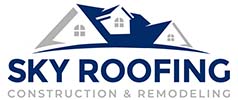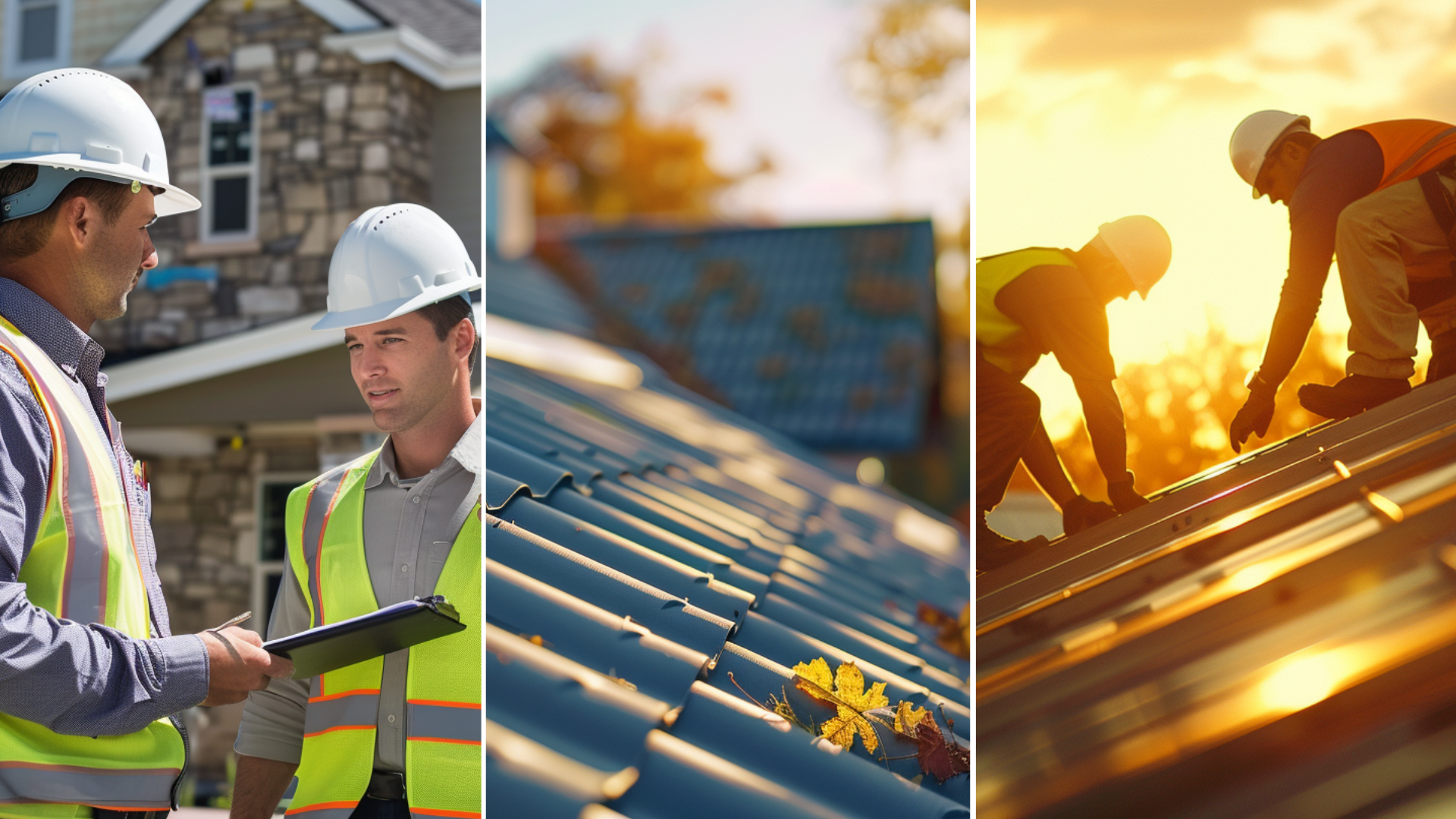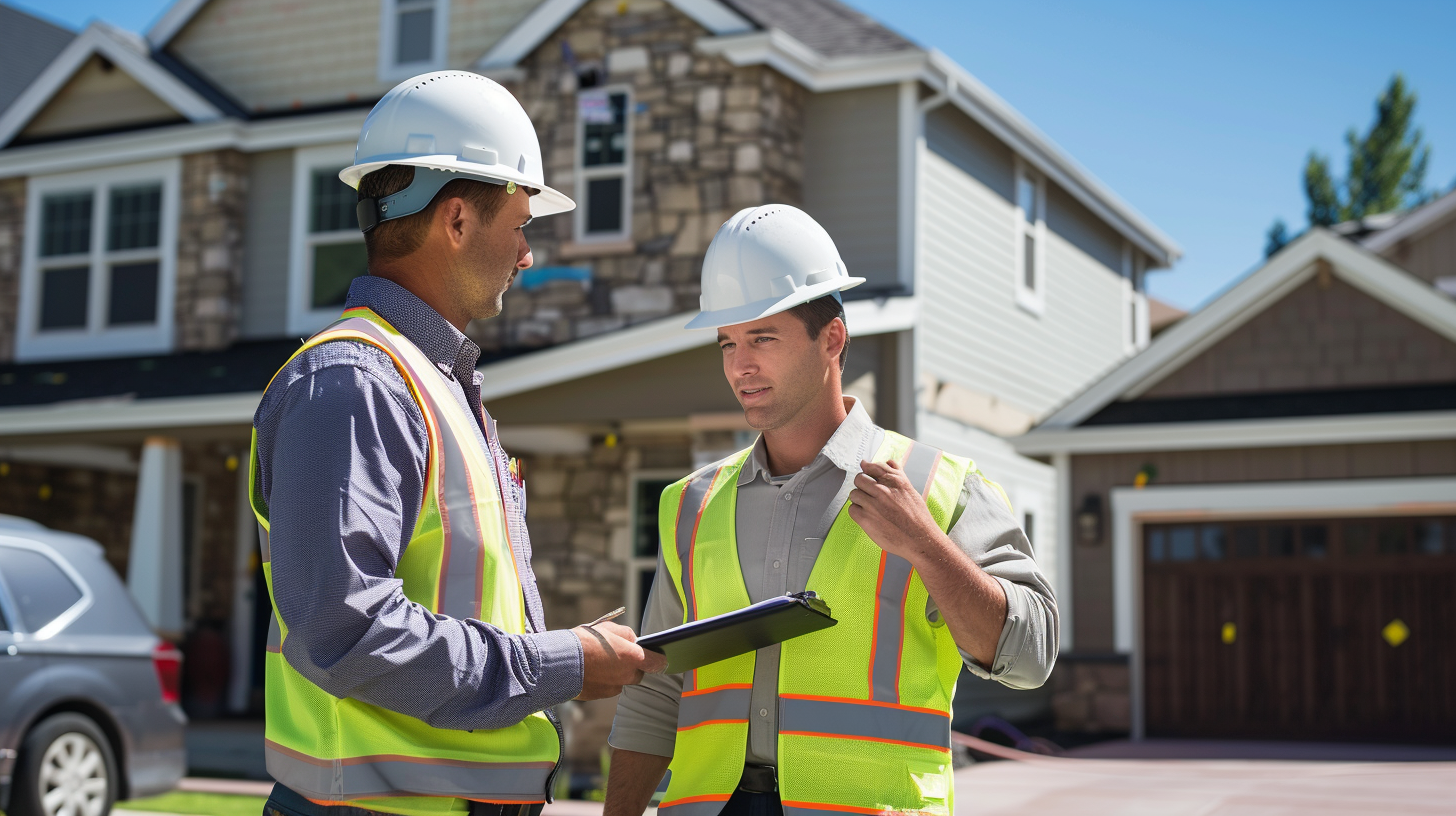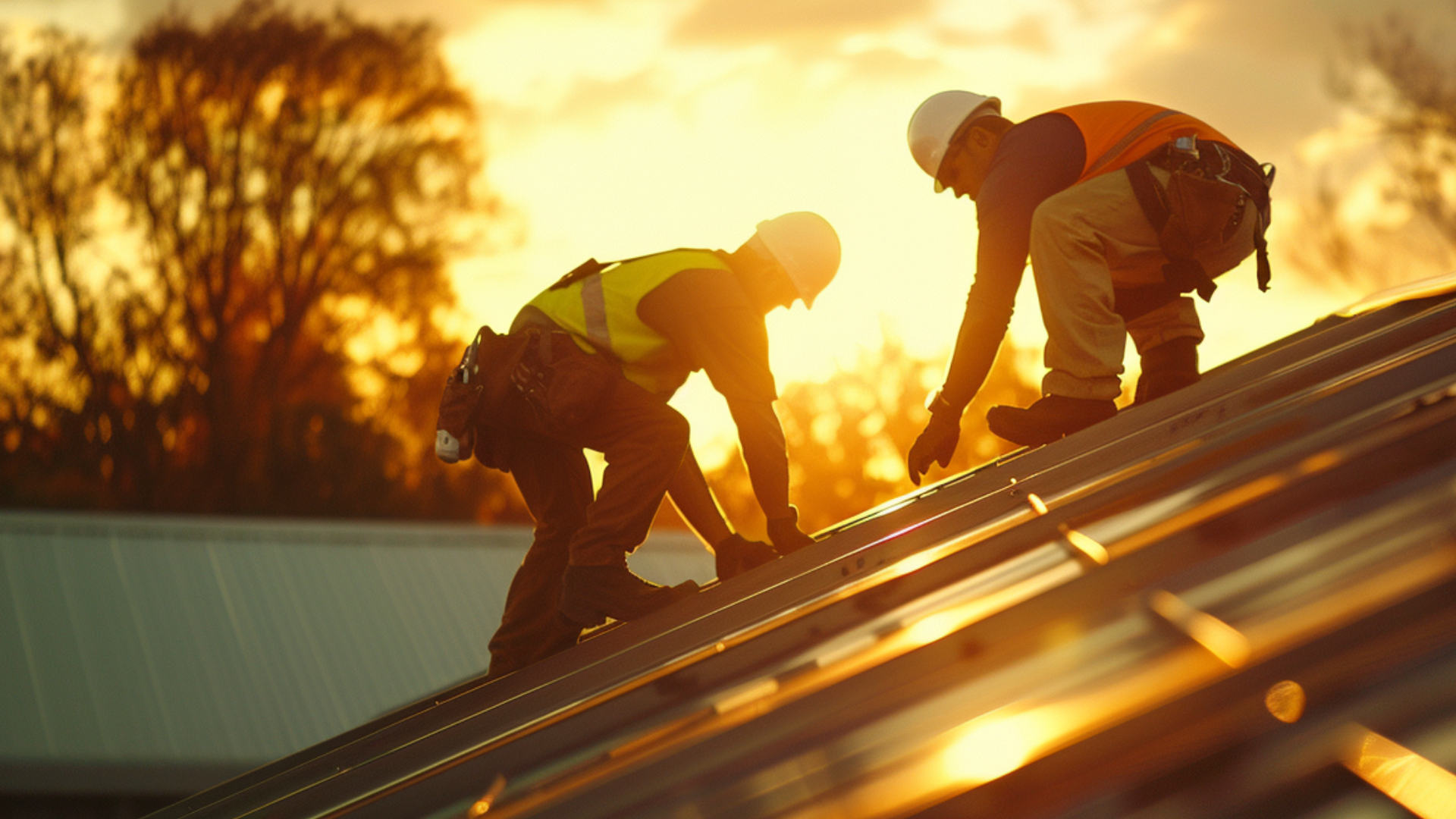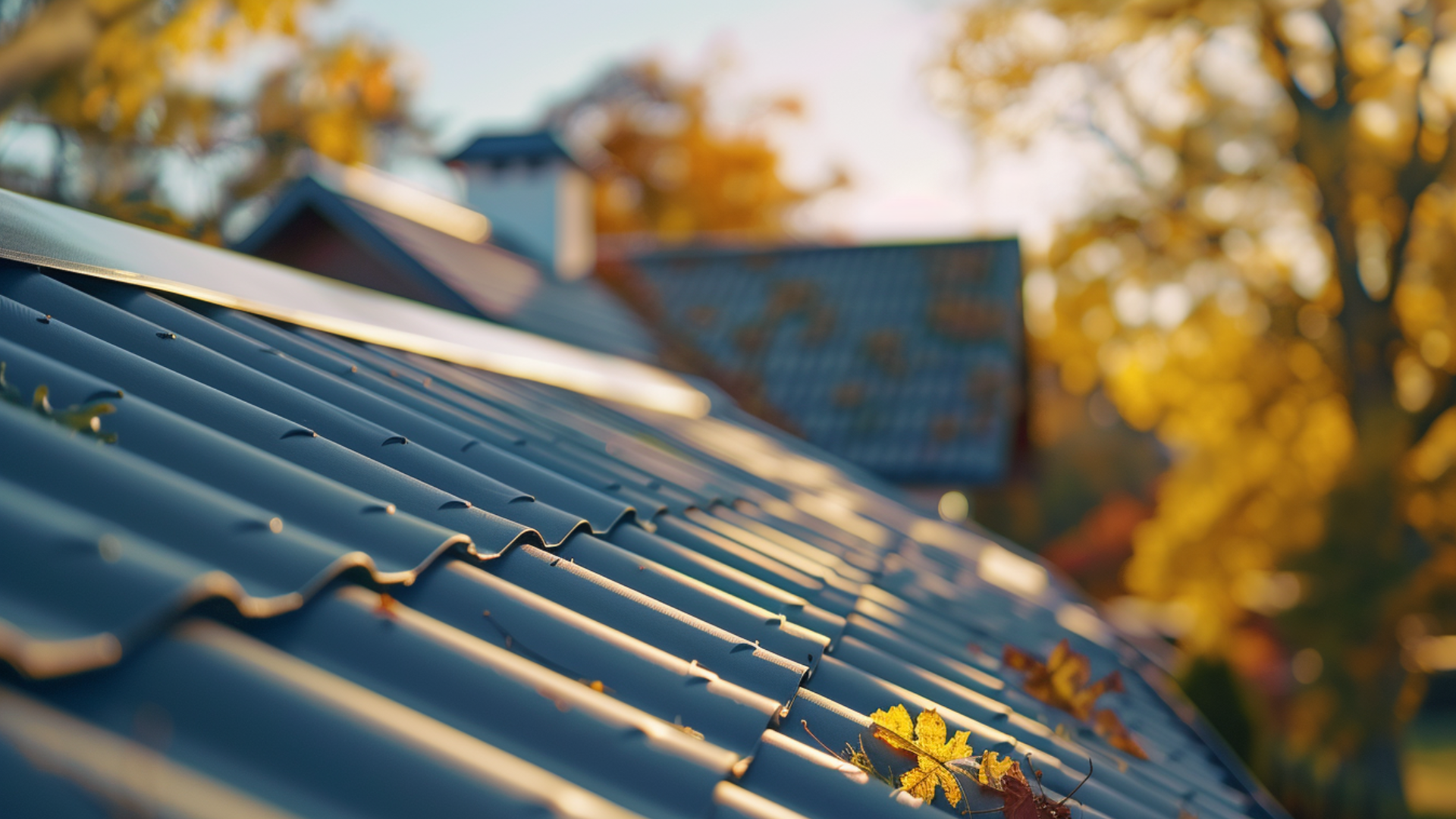Roof Inspections Costs

Roof Inspections Costs
Flat Fee
Another advantage of a flat fee pricing model is transparency. Customers can easily compare prices among roofing companies, as the average cost for a comprehensive roof inspection is clearly stated. This promotes competition in the industry and helps customers make informed decisions.
Furthermore, a fixed fee pricing model may only be suitable for some types of roof inspections. Complex inspections or those requiring specialized equipment may necessitate customized pricing based on the specific requirements of different roof types. Depending on the situation, this could lead to roof installers overcharging or undercharging for their services.
The fixed-rate flat fee roof inspection costs pricing model offers benefits such as budget predictability and transparency, but there may be more suitable options for some roof inspection scenarios. Both customers and roofing companies must carefully consider this pricing structure’s potential advantages and disadvantages.
Hourly Rate
An hourly rate model can be a feasible option when considering pricing strategies for roof inspections. This structure allows roofing professionals to charge for their time spent on the inspection, providing a transparent way to calculate the costs involved.
Several factors can influence the expert roof inspection hourly rates charged by roofing professionals. Firstly, the complexity and size of the roof can play a significant role. Larger or more intricate roofs, such as complex roofs, may require more time and effort to inspect, leading to a higher hourly rate. Additionally, the level of expertise and experience of the roofing professional can also impact the rate, as more skilled professionals may charge a higher hourly fee. The location of the property and the local market conditions can also contribute to the hourly rate charged.
Both residential roof inspections and commercial roofs are subject to these considerations. Regular roof inspections, whether for commercial or residential properties, are essential for identifying common signs of wear and tear, potential structural issues, and urgent repairs that may be needed. The typical roof inspection cost can vary widely, influenced by factors such as roof materials and the need for special equipment to conduct a thorough visual inspection safely. The average cost ranges can help customers anticipate the inspection prices, although repair costs and the potential cost of additional services should also be considered.
An hourly rate pricing model for customers and service providers has potential benefits and drawbacks. From the customer’s perspective, they clearly understand how their payment is calculated, providing transparency and accountability. Moreover, customers can have the flexibility to customize the services they need, paying only for the time spent on the inspection. However, it is essential to consider the potential drawbacks as well. Customers may face additional charges if unexpected issues are discovered during the inspection. To mitigate this, service providers can offer discounted packages or fixed rates for standard inspections to provide a more predictable cost structure. Regular maintenance and periodic inspections can help extend the roof’s life span, ultimately saving on potential repair costs and maintaining safety by promptly addressing safety risks.
The cost of roof inspections involves considering various factors, such as the roof’s complexity, the roofing contractor’s expertise, and the necessity for special equipment. Regular maintenance and inspections are crucial for identifying issues early and ensuring the longevity of both residential and commercial roofs. Customers can make informed decisions and manage their budgets by considering the average cost ranges and potential additional services.
Based On Roof Size
The size of a roof plays a significant role in determining the cost of a roof inspection. Larger roofs, including larger-than-standard roofs, typically require more time and effort to inspect thoroughly, resulting in higher inspection costs. Several factors contribute to this correlation.
Firstly, the roof size directly affects the number of penetrations present. Penetrations include chimneys, skylights, vents, and other structures penetrating the roof’s surface. Larger roofs tend to have more penetrations, requiring roofing inspectors to spend more time inspecting and ensuring their proper function, which further increases the cost.
Additionally, the complexity of the roof design also influences the inspection cost. Roofs with intricate designs, such as multiple levels, angles, and slopes, demand additional attention from inspectors. The intricacies in design may pose challenges and constraints during the inspection process, resulting in increased labor hours and, thus, higher costs.
Roofing inspectors employ various methods to determine the cost based on different roof sizes. Some may charge a surcharge for larger roofs to account for the additional time and effort required. Others may calculate the price per square foot, multiplying the roof’s square footage by a predetermined rate to provide an accurate estimate.
The inspection type and roofing style also play a role in determining the cost. For example, metal roofs and other common roofing materials may have different inspection requirements. Extreme weather conditions can exacerbate roof damage, making thorough inspections even more crucial to prevent costly repairs. Regular professional inspections can identify issues early, potentially avoiding significant structural damage that could lead to major repairs or a complete roof replacement.
A lack of maintenance can decrease a roof’s life span and increase the likelihood of costly repairs. A roofing expert can assess the roof’s condition and recommend necessary repairs to maintain curb appeal and structural integrity. The price range for roof inspections can vary widely, depending on factors such as roof size, complexity, and the experience of the roofing expert conducting the inspection.
Different factors influence the cost of roof inspections, such as roof size, penetrations, complexity, and inspection type, which can help homeowners and property managers budget appropriately for maintaining their roofs. Regular inspections by a roofing expert can prevent roof damage and extend the roof’s life span, ultimately saving on costly repairs and maintaining the property’s value and curb appeal.
Sky Roofing Construction & Remodeling: Expert Guidance on Roof Inspection Costs
Learn more about roof inspections costs and the services we offer:
https://skyroofingconstructiontx.com/roofing-services/
Quality workmanship done right the first time
Contact Us
Address
415 Balcones Heights Rd.
San Antonio, TX 78201
Contact@SkyRoofingConstructiontx.com
Call Us
(210) 942-9797
